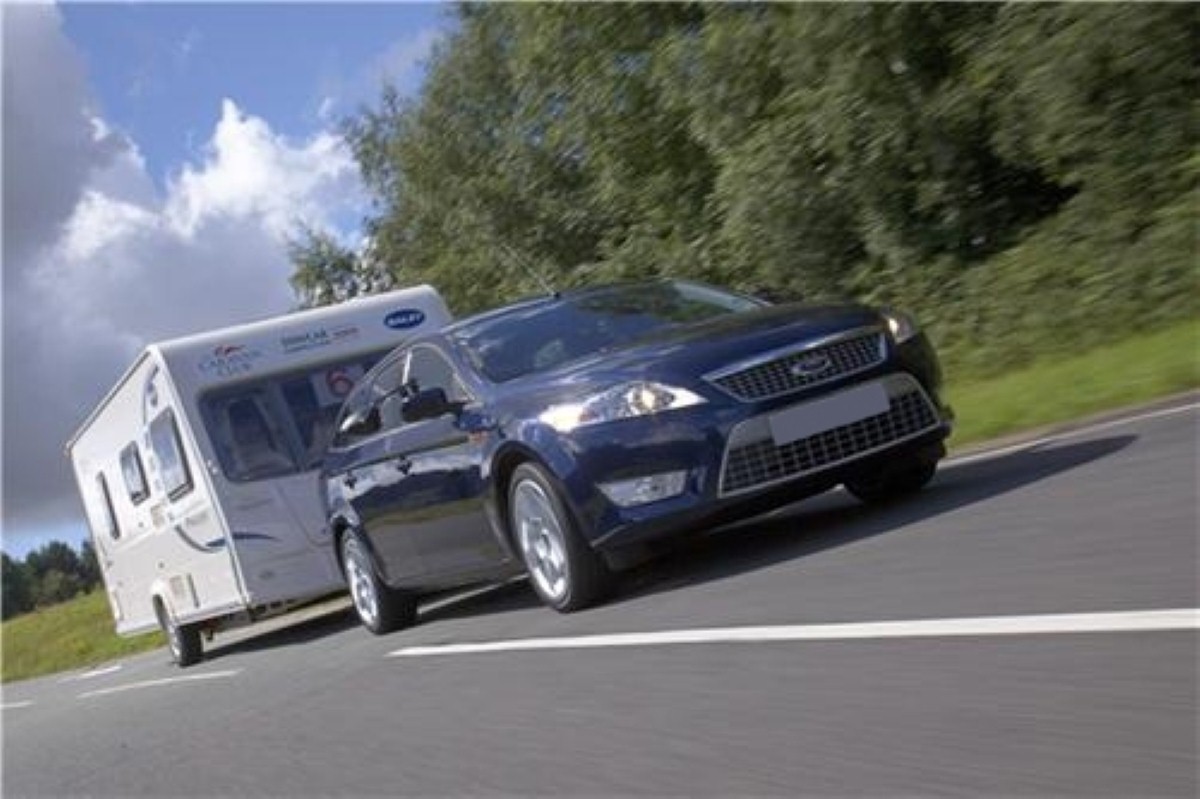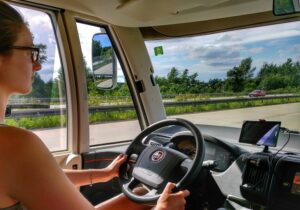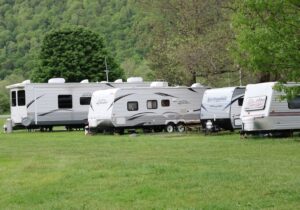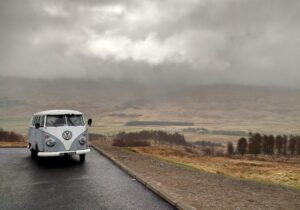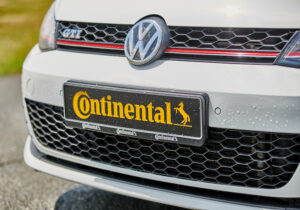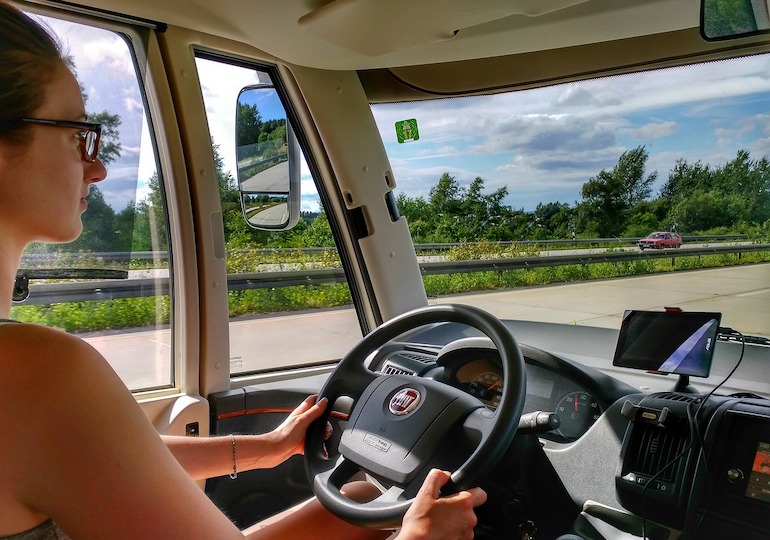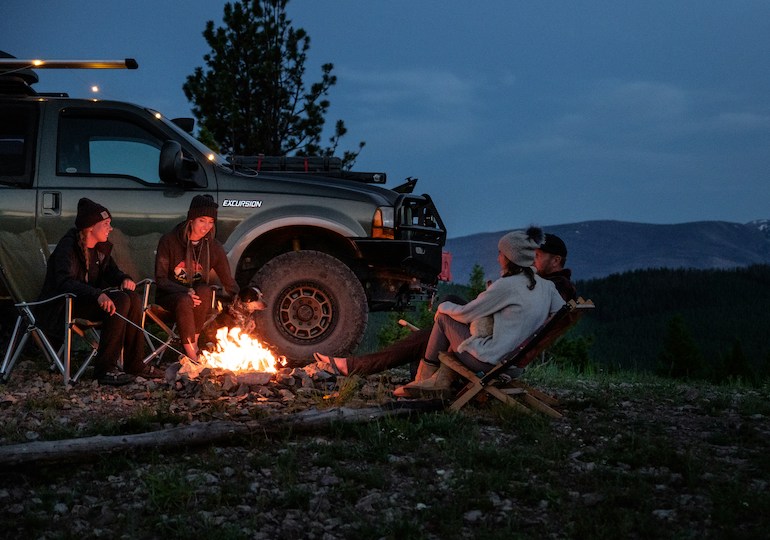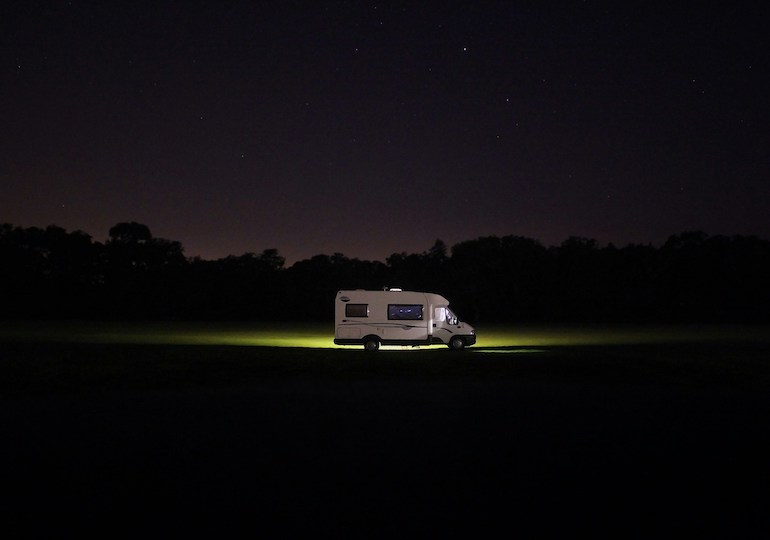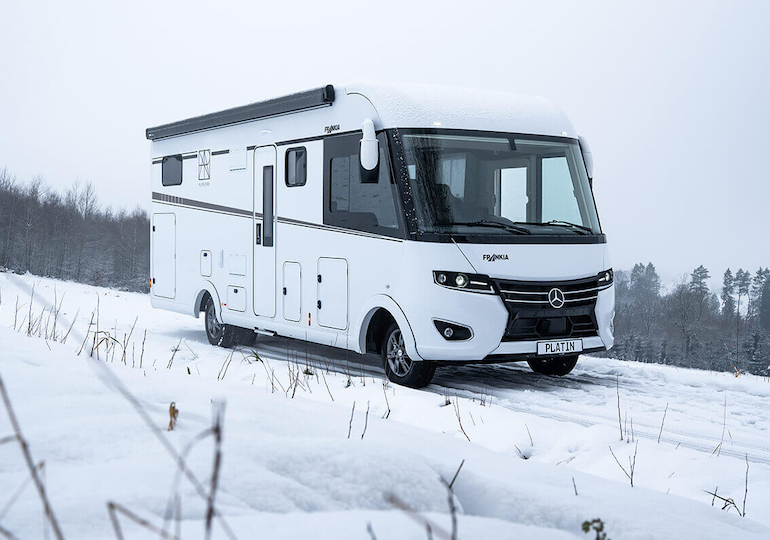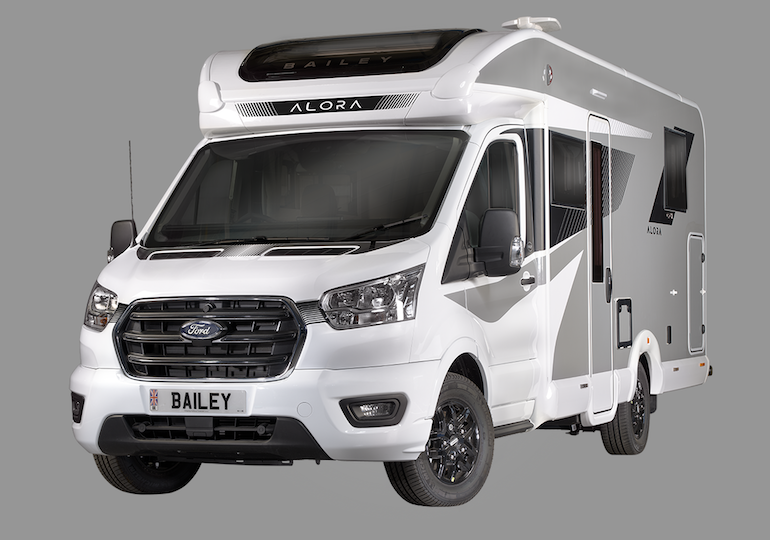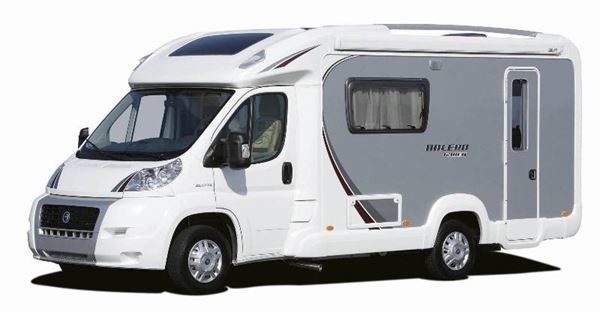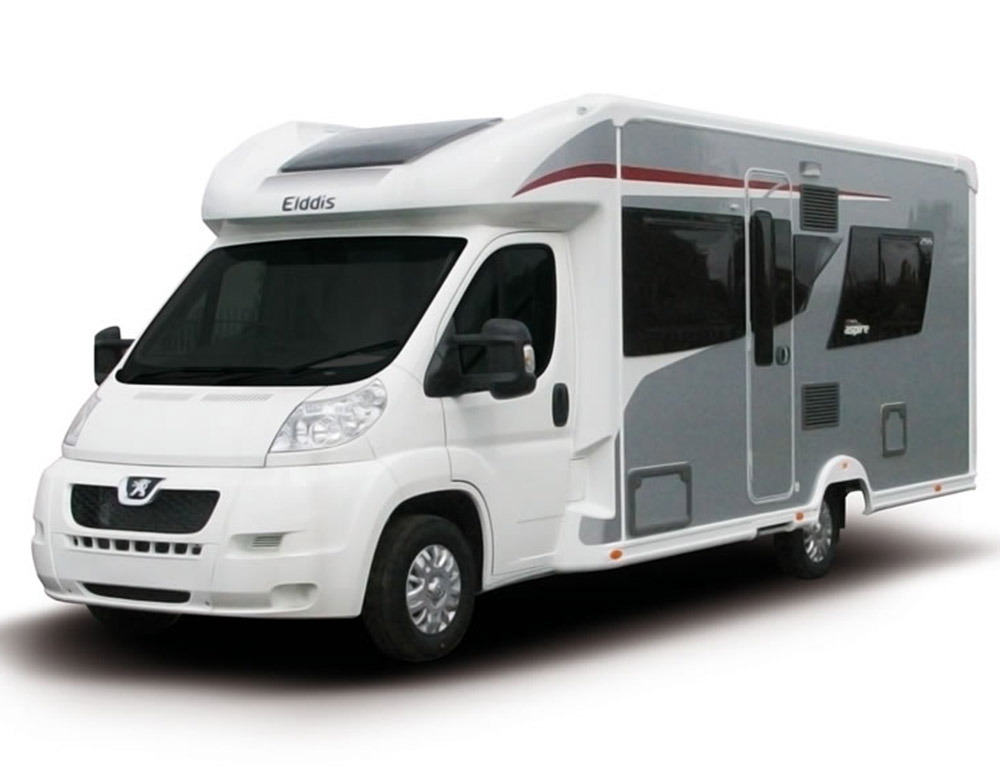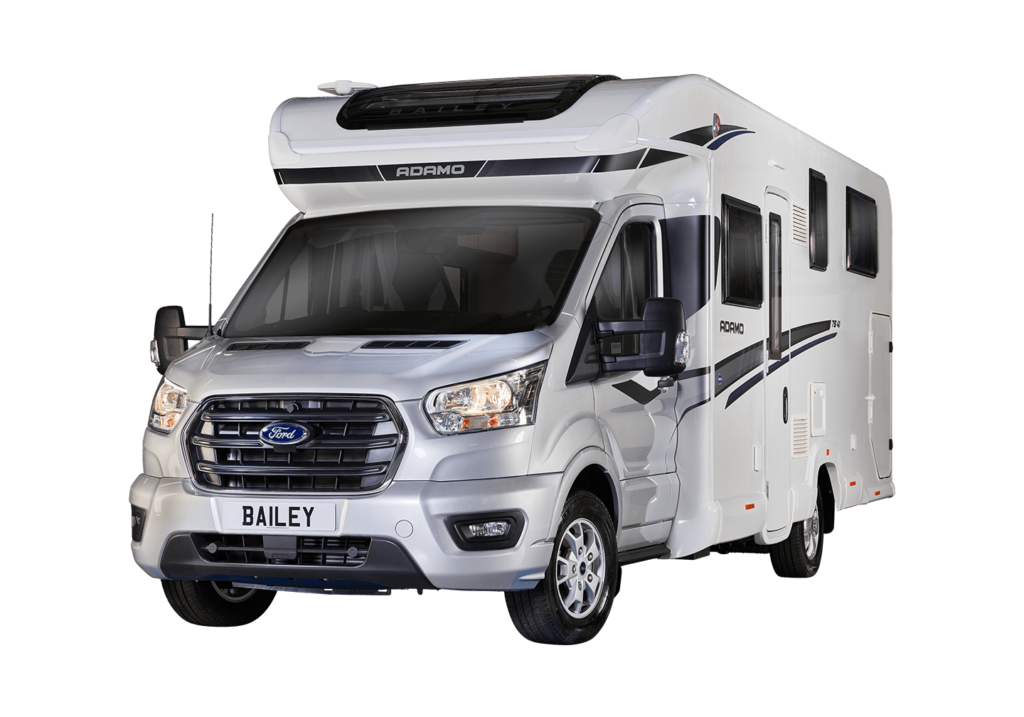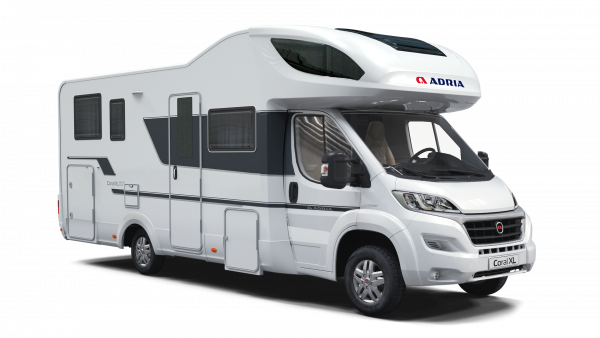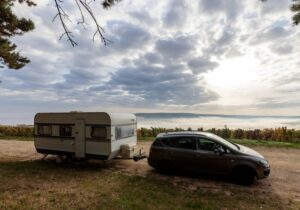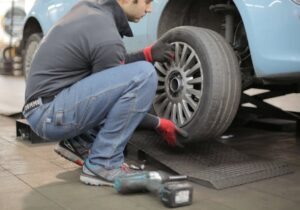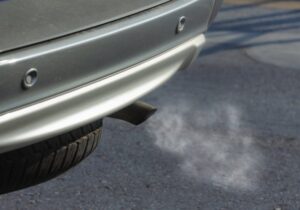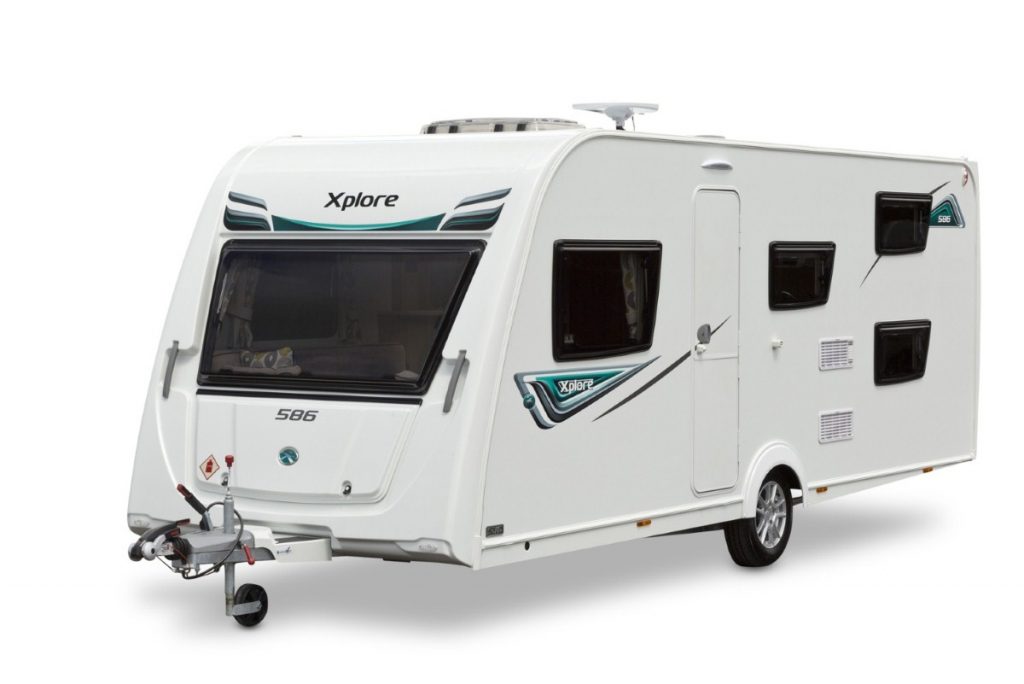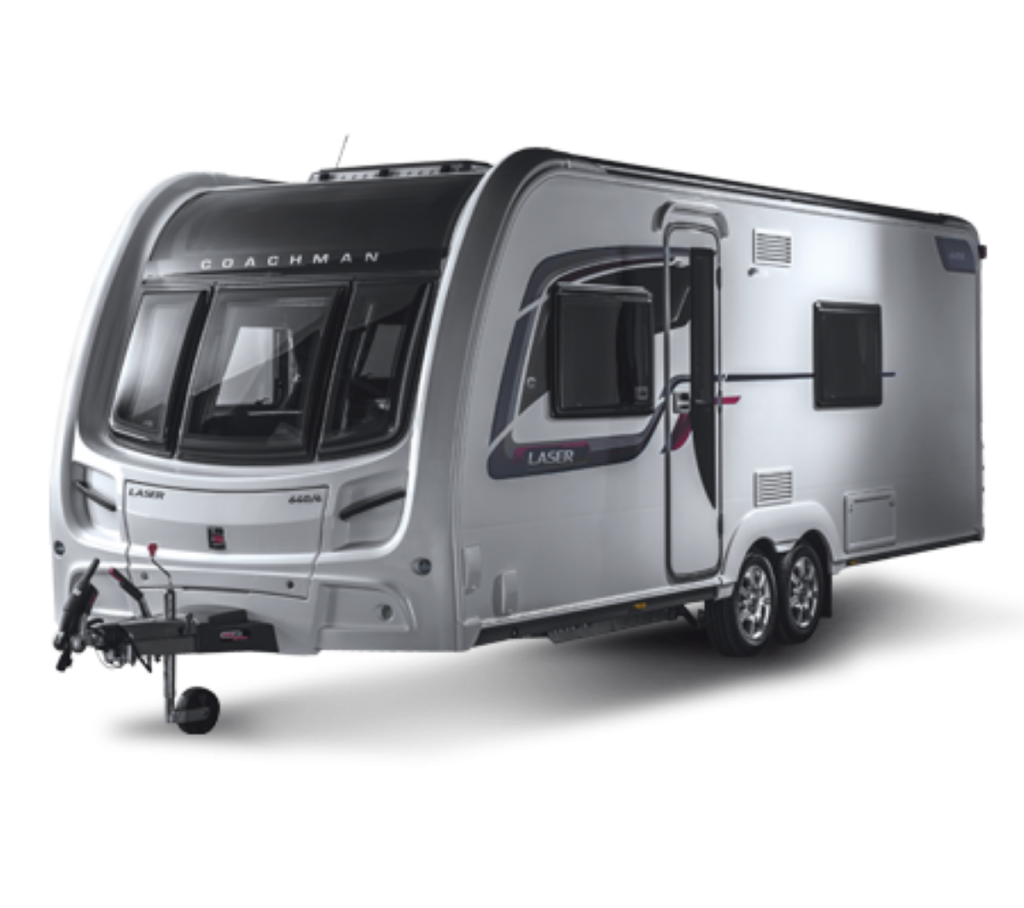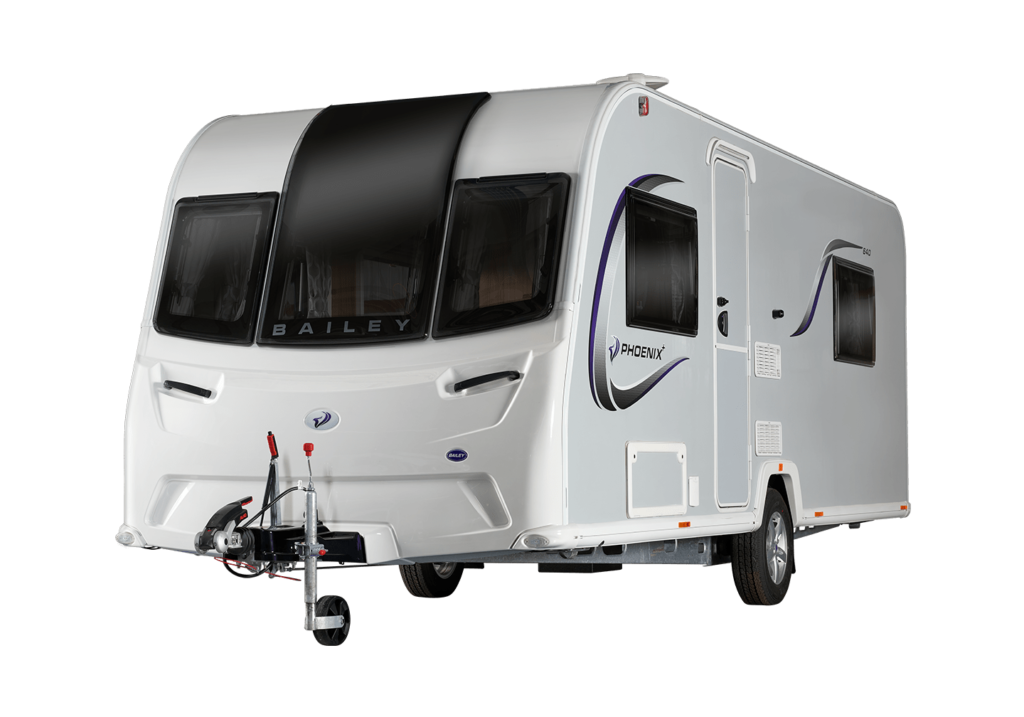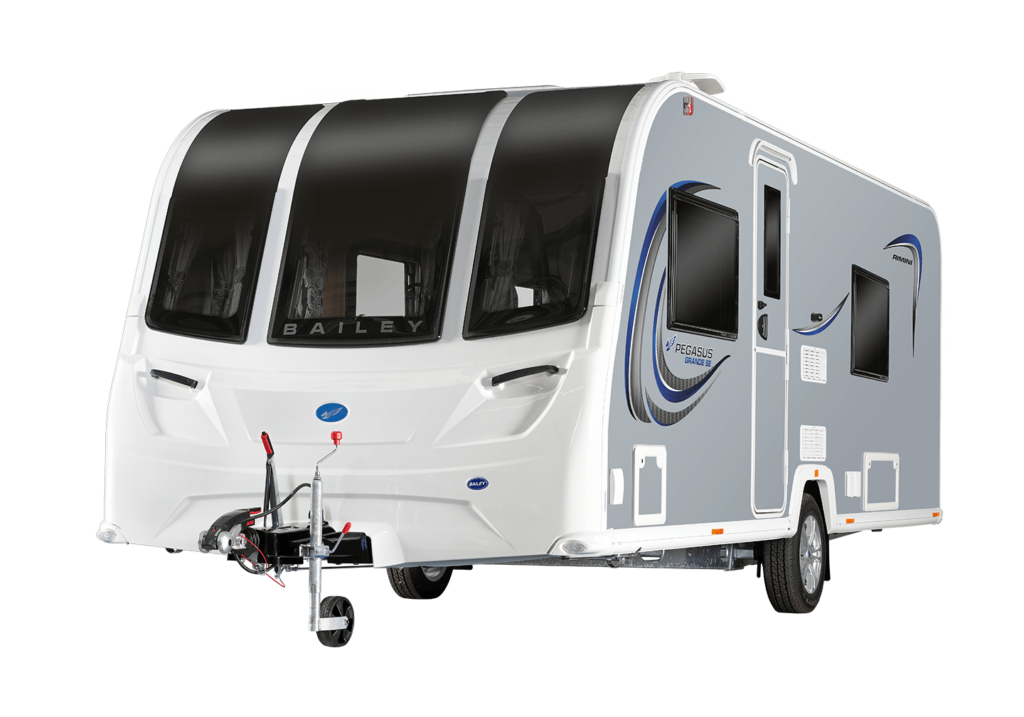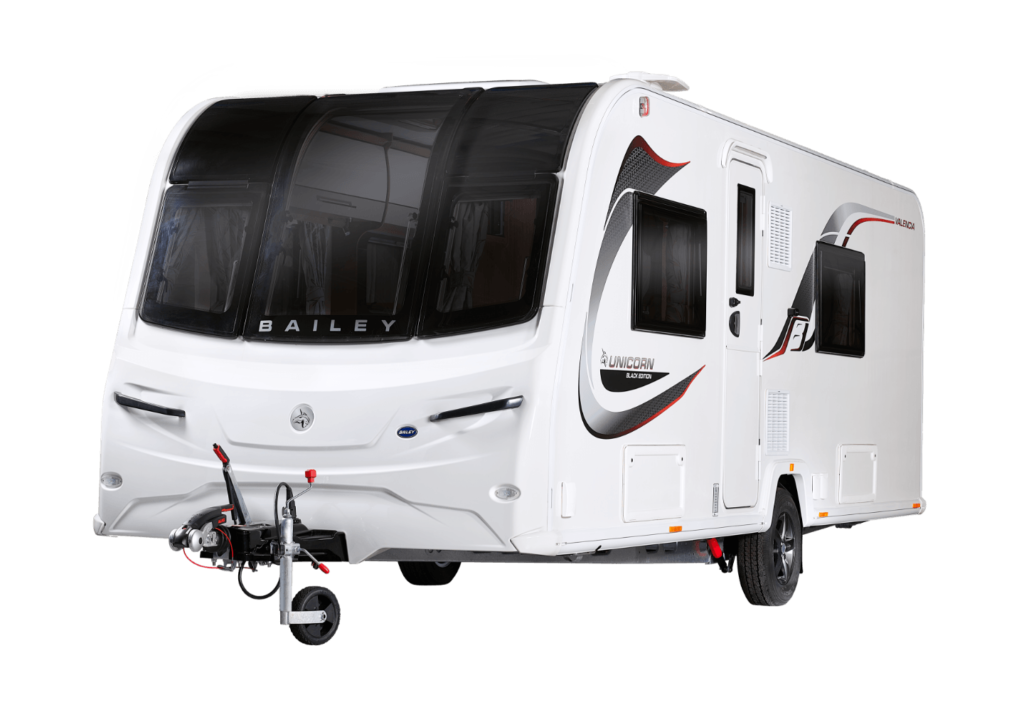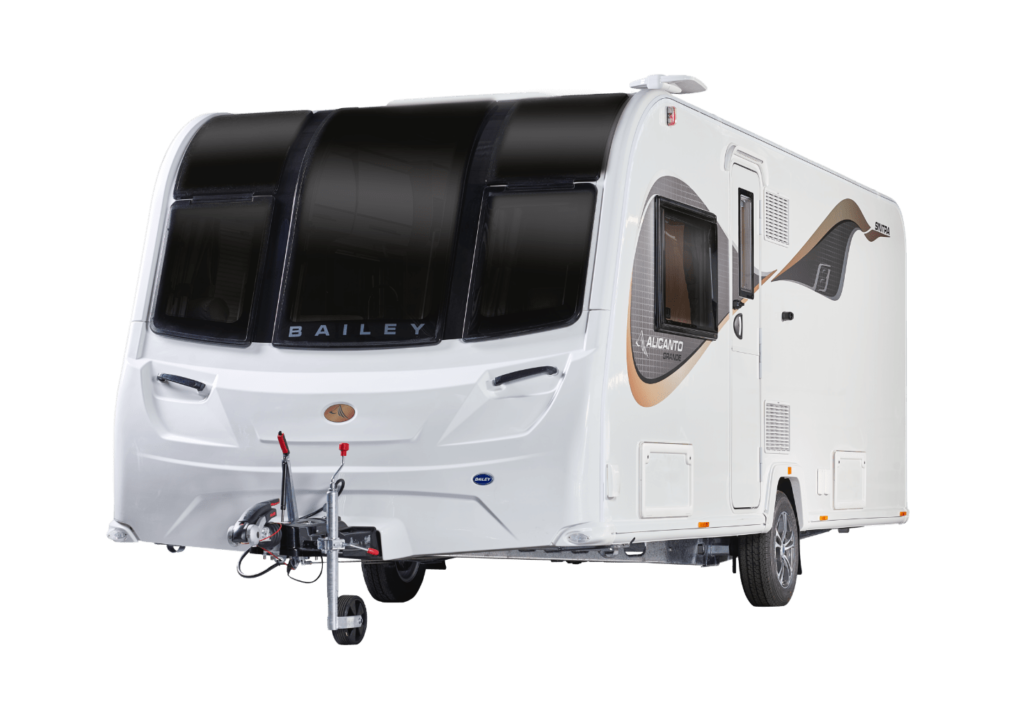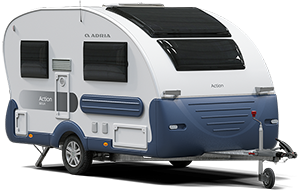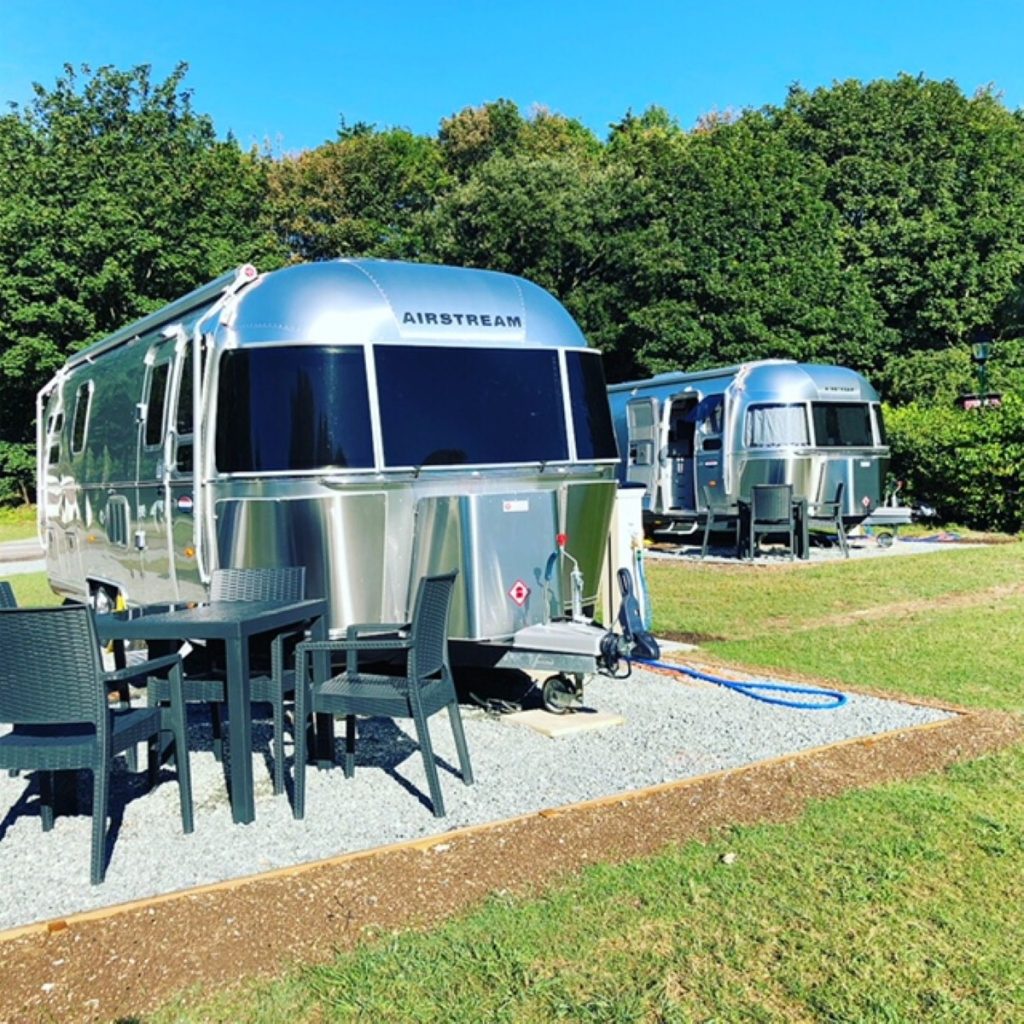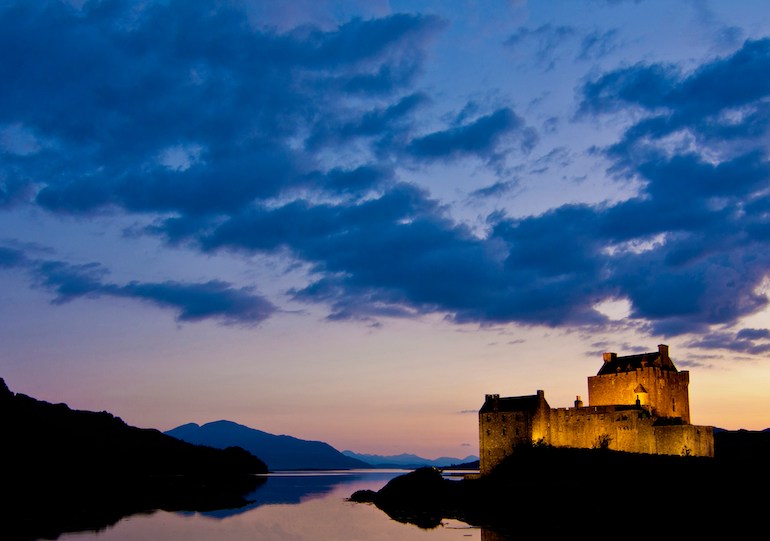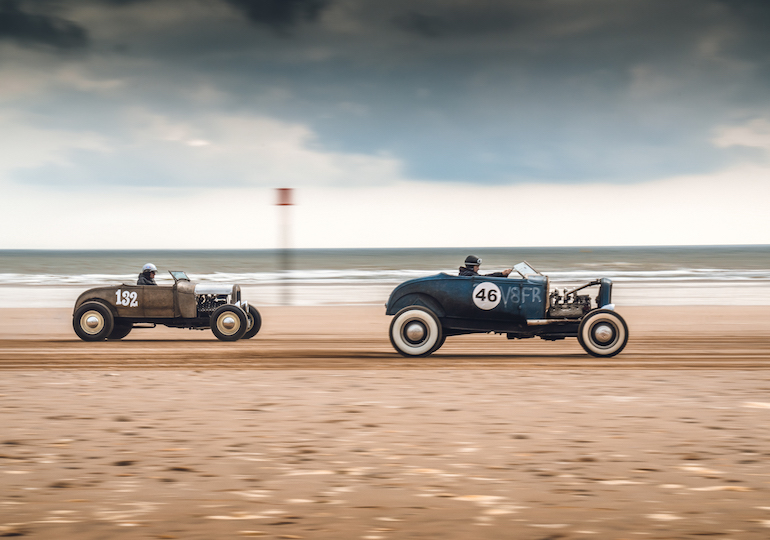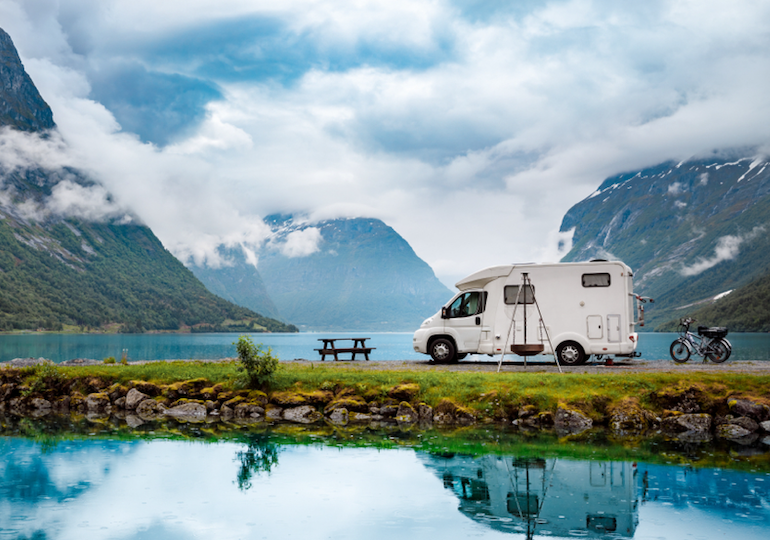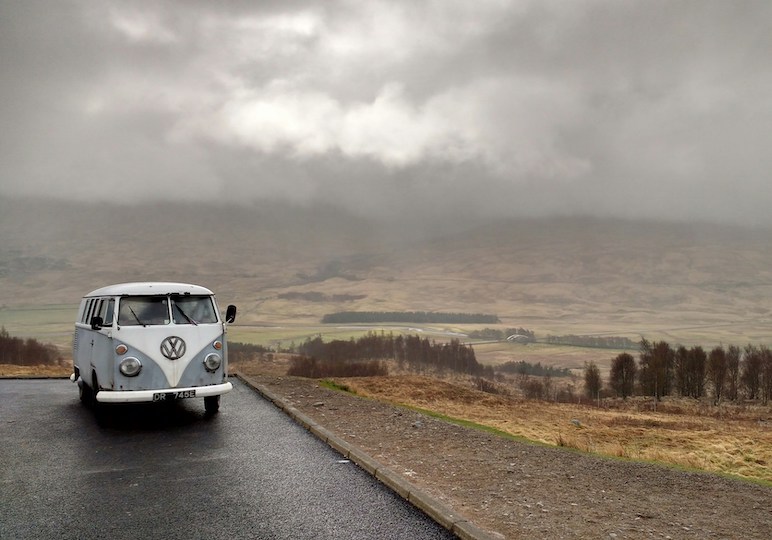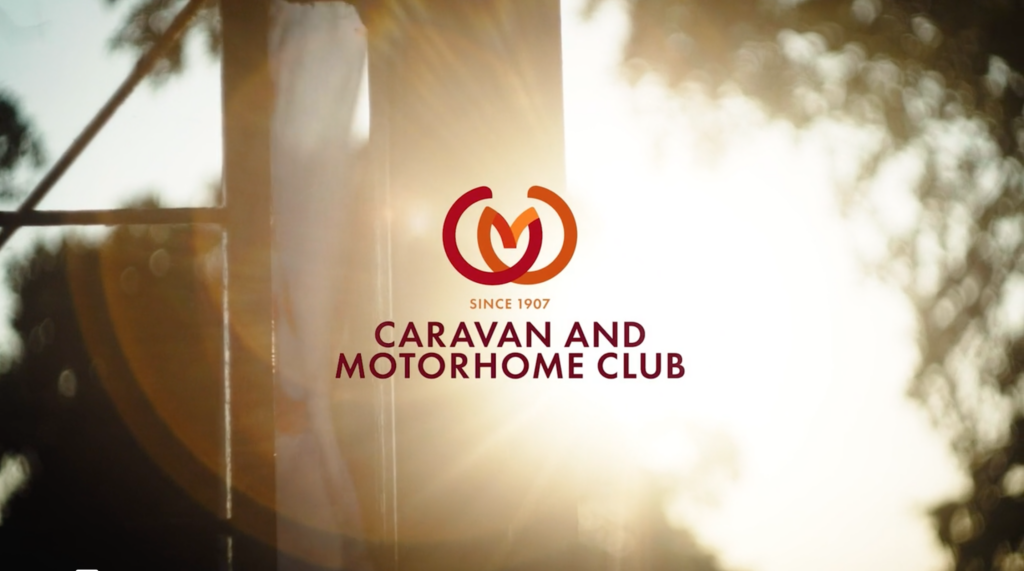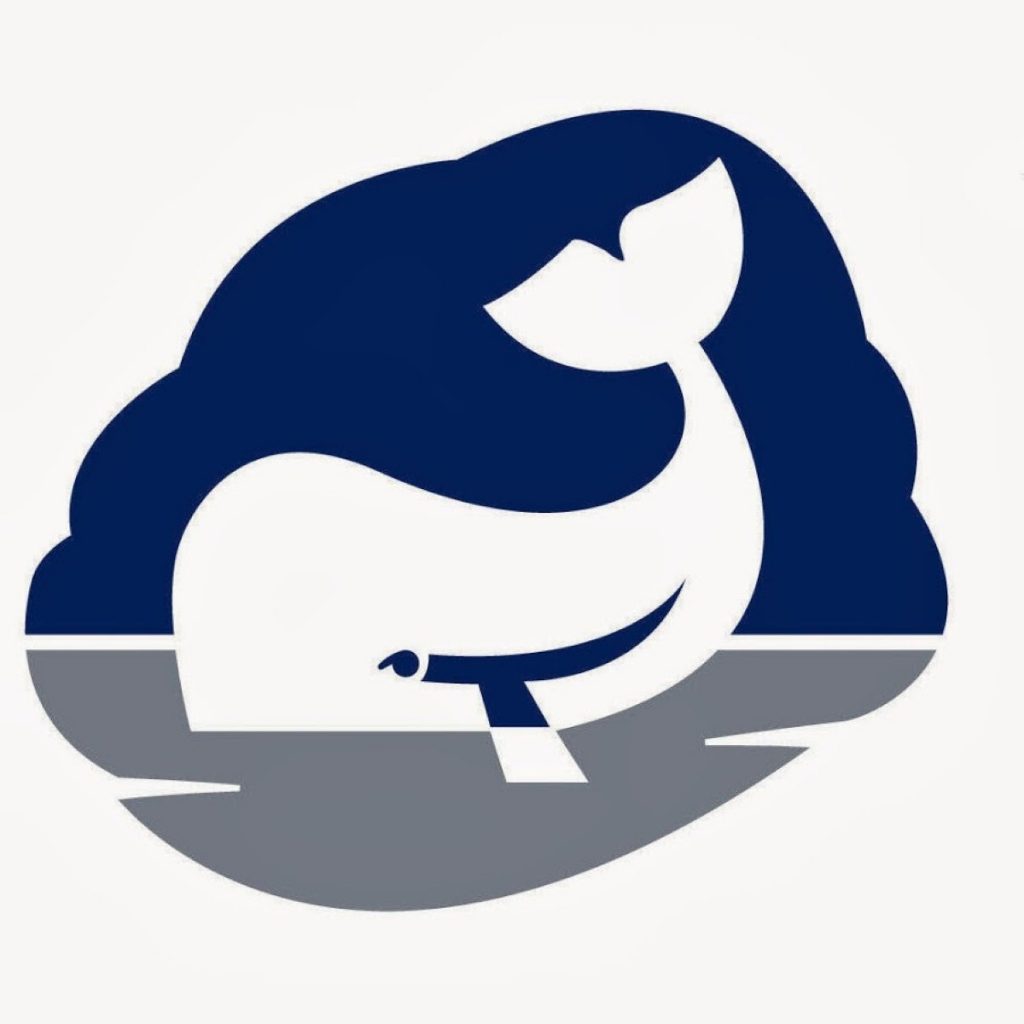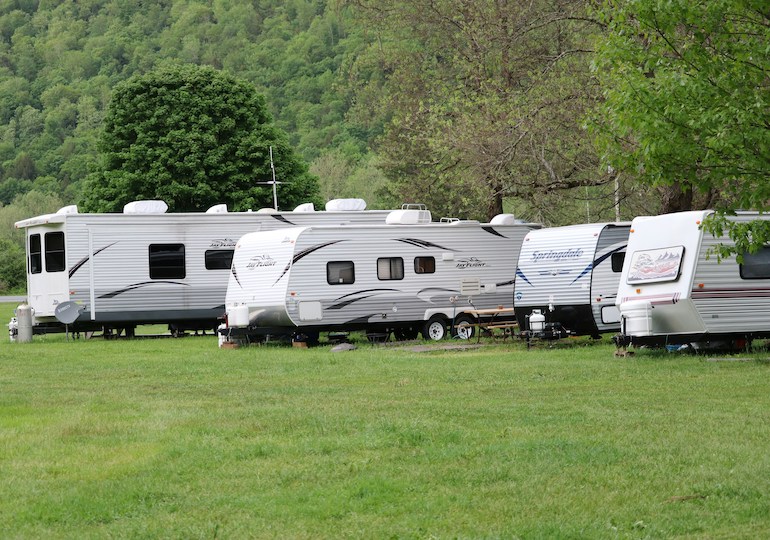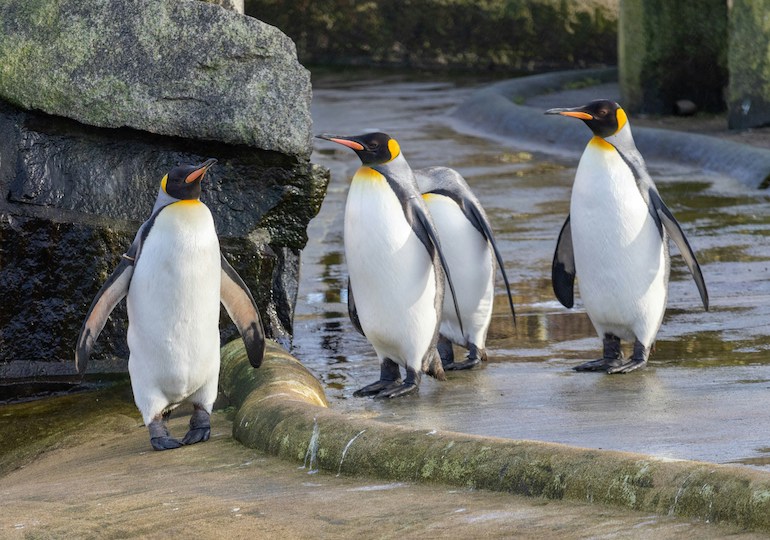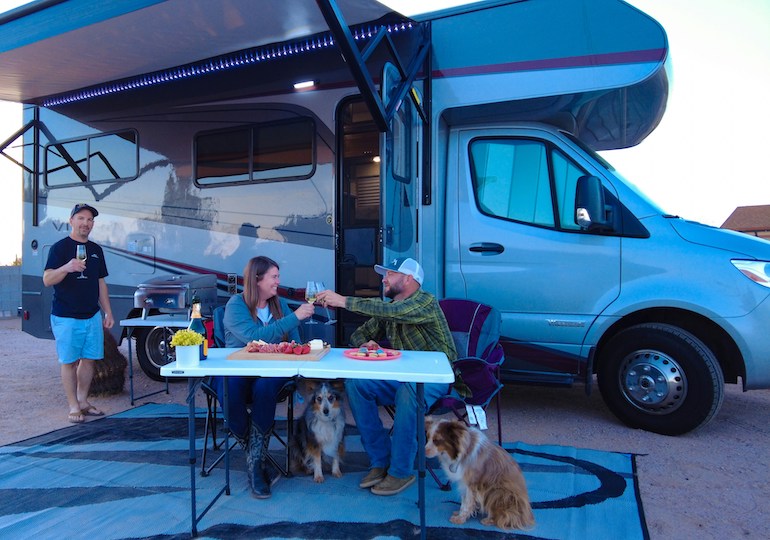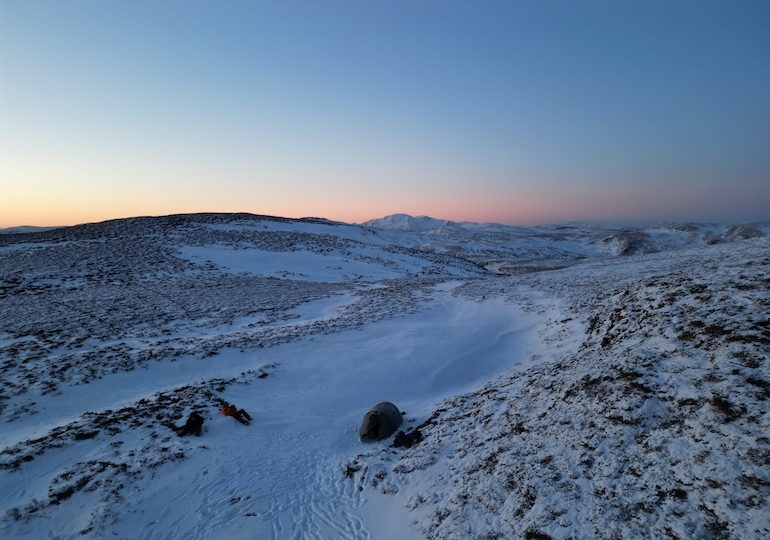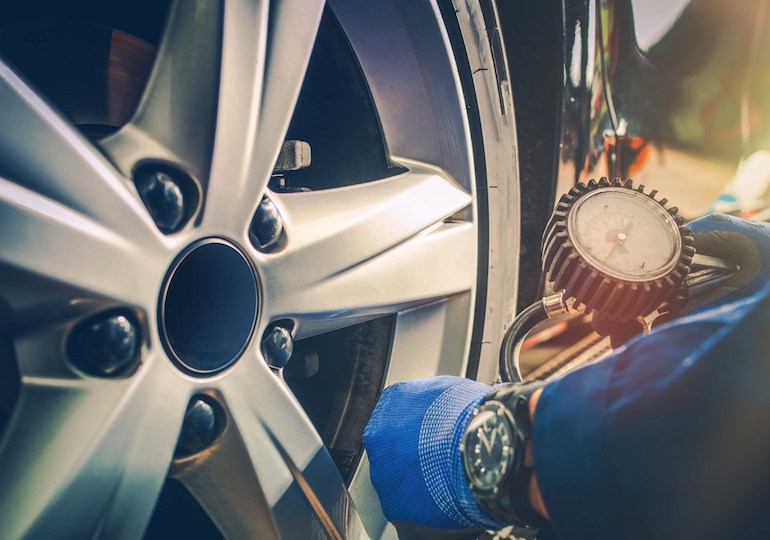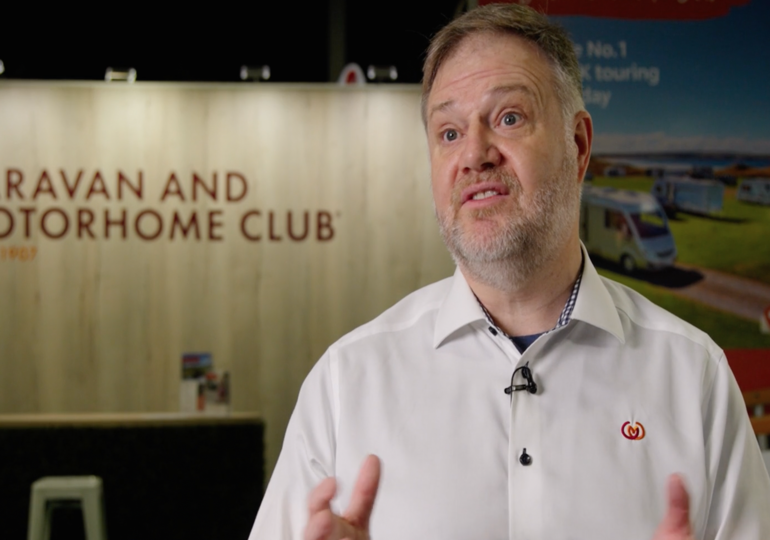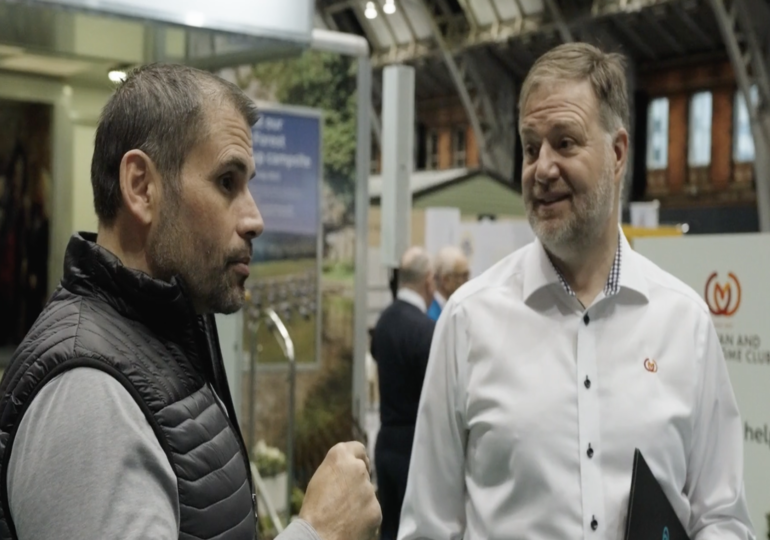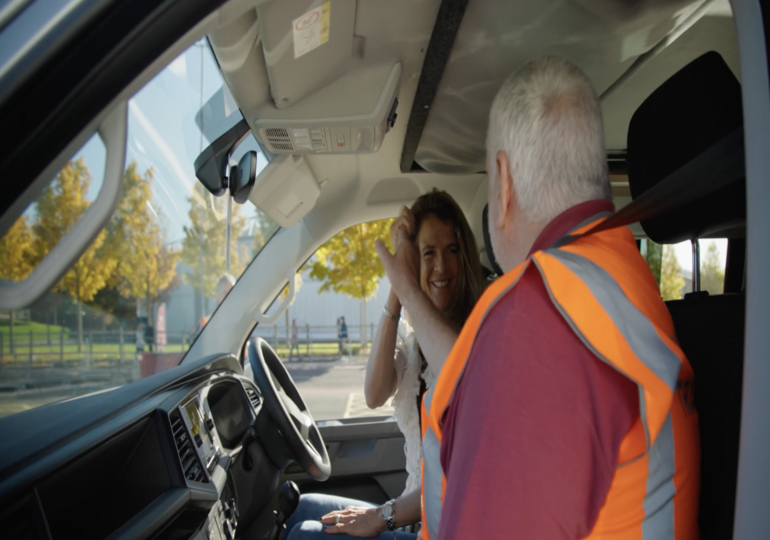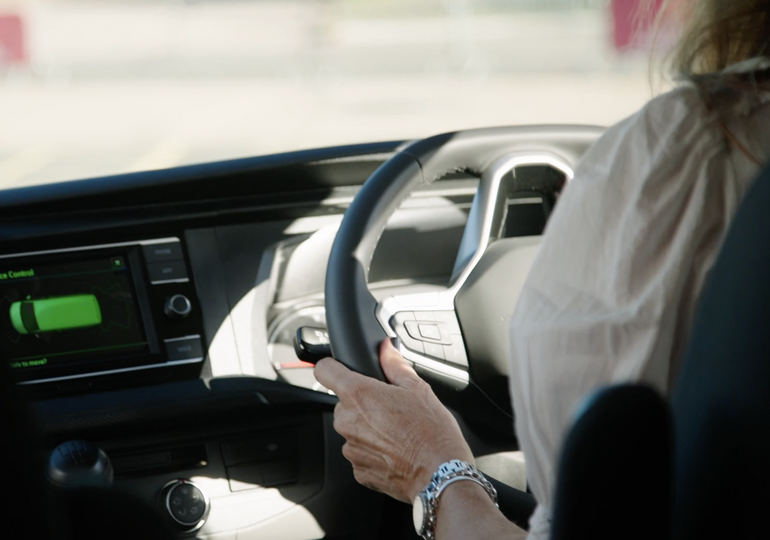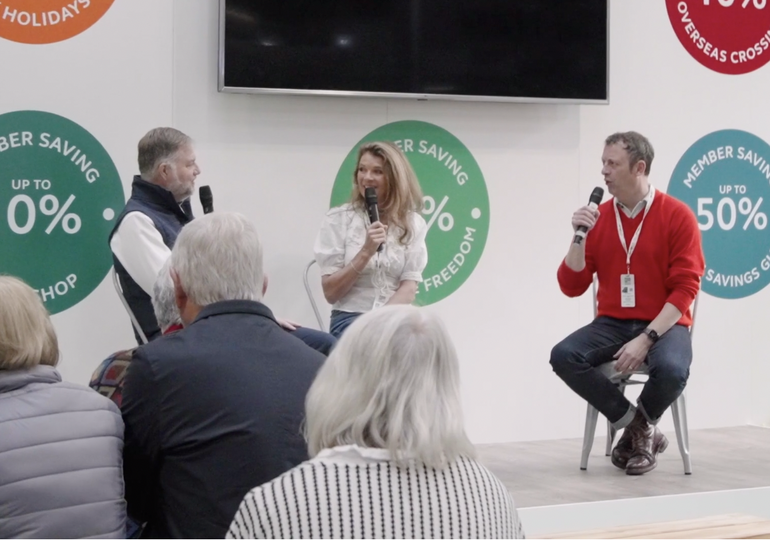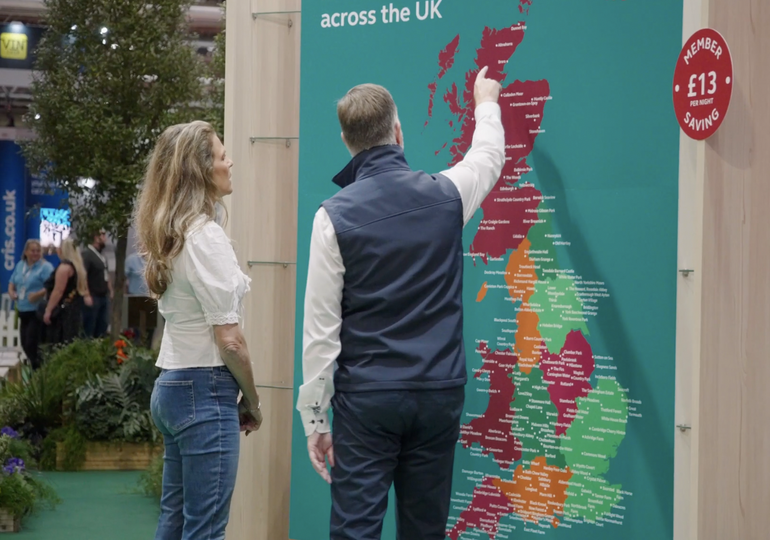From jargon busting to embarking on that first trip, being new to caravanning can seem rather daunting at first. So, if you’re new to caravanning, read on to find out how you can make the most of Britain’s favourite pastime
It’s pretty much a given that, if you’re visiting CaravanTimes right now, you’re probably one of the 1.7 million people who already contribute to caravanning throughout the UK in one way or another. Either that, or you will be considering joining the ranks of those who do, and those that contribute an impressive £6 billion to the UK economy each year whilst exploring all the UK has to offer.
If you’re new to caravanning, however, the initial stages of preparing to set off and explore pastures new with the help of your trusty home on wheels can initially prove rather daunting, more so when it comes to the plethora of gadgets to get to grip with, laws which apply to taking to the road and jargon you’ve never even heard of – having trouble getting hitched was only a matter of finding the right spouse before, right?
Now, CaravanTimes is here to put your mind at rest before that first jaunt away in your caravan, so keep reading to find out how to make the most of your new found freedom.
Caravan Jargon
Before even beginning to contemplate leaving your armchair to set off on your first caravan adventure, if you’re anything like we were, you would have perhaps researched all aspects of caravanning in order to get the most out of your first trip. It’s not just deciding on where to go though, but rather more how to get there and knowing everything you need to know about your choice of caravan. And with pre-planning comes a whole new vocabulary of caravan jargon to get to grips with. Think you know your EHUs from your CDPs, or your jockey wheels from maximum authorised masses? If you’re new to caravanning probably not. Never fear though – jargon jitters can easily be solved with our handy Caravan Times‘ Slang Dictionary, so make sure you swot up to make the most of your adventure.
Your first site
Caravan sites closer to home are ideal for that first trip away in your caravan. Not only will travelling closer to home provide you with more confidence, but it will also allow you to arrive at your destination in broad daylight to help you make sure you’re all set up before the stars come out.
When it comes to choosing the right caravan park for you, a number of handy websites are now available which review and rate a number of parks across the country and further afield. Entering the name of an area of simple search phrases into your search engine such as ‘Devon caravan parks’ for example, should provide you with everything you need to select the right destination for you.
Licence to pitch
Before you set off on your first journey, make sure your driving licence is in date and allows for you to be able to tow, which should be the case as long as you have an ordinary category B car driving licence. This category allows for the towing of all vehicles with a tow car with a combined weight of up to 3,500kg so, unless your caravan is made from solid gold or you’re towing with a monster truck, you should be okay. Of course you should also remember to insure your caravan with a reputable insurance firm in the unlikely event that your caravan should encounter any bumps or scrapes along the way.
Tow Schmo
It goes without saying that towing your caravan for the first time may seem a little scary. Rest assured though, you’re not alone. Towing is not just an obvious essential when it comes to setting off on your journey, but something you need to feel comfortable doing. So, when starting off, remember to allow yourself more time and space for everything. It’s also worth noting that, when on the road, you will need to provide yourself with plenty of time to break earlier than you would when you haven’t got a caravan attached to the back of your tow car. You’ll also probably need to accelerate more slowly when in transit.
Other factors when towing, which are just as important, include taking corners wider than normal so your caravan doesn’t clip the kerb or cut corners, as well as observing the correct speed limits of a maximum of 50mph on single carriageways and 60mph on dual carriageways. Also, make sure you don’t venture into the furthest right outside lane of a three-lane motorway, unless officially instructed to do so.
This list is by no way exhaustive and many other factors need to be taken into account when towing, including fitting adequate tow mirrors, ensuring your car’s number plate is displayed attached to the back of your caravan and making sure you have fully-functioning rear light panels, so make sure you do your homework before setting off.
Still not sure about towing? Never fear. Organisations including The Caravan Club and The Camping and Caravanning Club offer professional towing courses throughout the year and at the many caravan and camping shows to help see you on your way.
Lost in space
The bag allowance on flights is a thing of the past for caravanners, but as you’ll soon learn, clever packing and weight checks are still good to know.
Space saving ideas include making sure crockery is stored in racks to avoid breakages and, instead of taking canned foods which weigh more and take up more space, try using packet foods.
Another handy tip to keep your clothes neatly hung up whilst in transit, is to simply clip them to their hangers with clothes pegs. You won’t want to arrive, only to find your neatly ironed clothes spread all over your kitchen after a bumpy ride!
When it comes to storing away heavyweight items including awning, ensure these are stored on the floor of your caravan central to the axle area for even weight distribution purposes. Place medium-weight items such as bicycles and plastic furniture either just in front or behind the heavier items for the same reason.
Hitching up
When taking into account the 1,001 things to consider when caravanning for the first time, making a checklist is key to ensuring nothing is missed. Before setting off from your driveway or reluctantly setting off for home after a hard-earned break away, it’s vital to ensure gas cylinders are switched to the off position, fresh and waste-water containers are emptied and that toilet cassettes are emptied in an appropriate, designated place. Ensure caravan windows, roof lights and all doors are securely closed.
Also make sure the handbrake is on and that you chock the wheels if you’re on a slope, before lowering the jockey wheel and locking into place. Raise all corner steadies before checking the caravan’s noseweight to ensure it’s acceptable and adjust the hitch height so it raises above your car’s towball. After reversing your car towards your caravan (hopefully with the help of a trusty navigator keeping safe distance), secure the hitch onto your towball and stow the jockey wheel after checking it’s coupled properly. Finally, ensure all electrical plugs and the stabiliser systems are connected correctly, making sure the cables won’t drag or tighten too much once you begin to tow. Then attach the breakaway cable or coupling, release the caravan’s handbrake remembering to remove any chocks, ensure the rear caravan lights are working and, hey presto, you’ll be on your way in no time. Phew. The above process may sound daunting to a newbie, but it should become second nature once you get into the swing of things.
Enjoy
Now that all of the hard work is over, it’s time to relax. And, once you arrive at your final destination, there will be plenty of time to do that. Don’t be shy though. Caravanners are known for their welcoming and friendly attitudes and if they’re anything like you will eventually be, once it’s been established that you’re new to the pastime, they’ll be offering even more hints and tips in no time to ensure you make the most of your new found hobby.
Finally, remember the above list is by no means exhaustive and there’s much more to learn before setting off on your adventure, so make sure you do your homework to have as enjoyable a trip as you can. All that remains to say is happy caravanning!
It would be interesting for our more experienced caravanners to let us know what they think the most important piece of advice to give to first timers would be; let us know in the comments section below.

